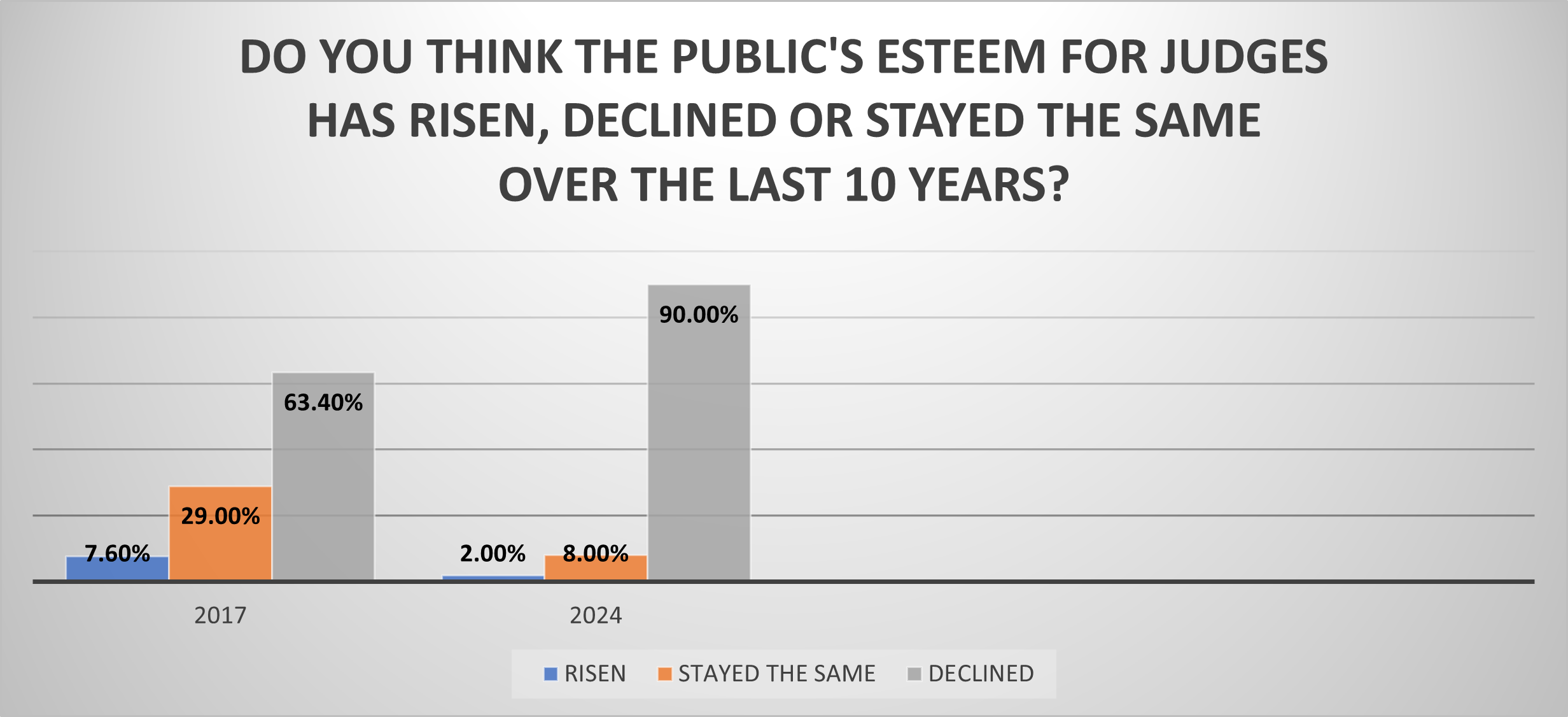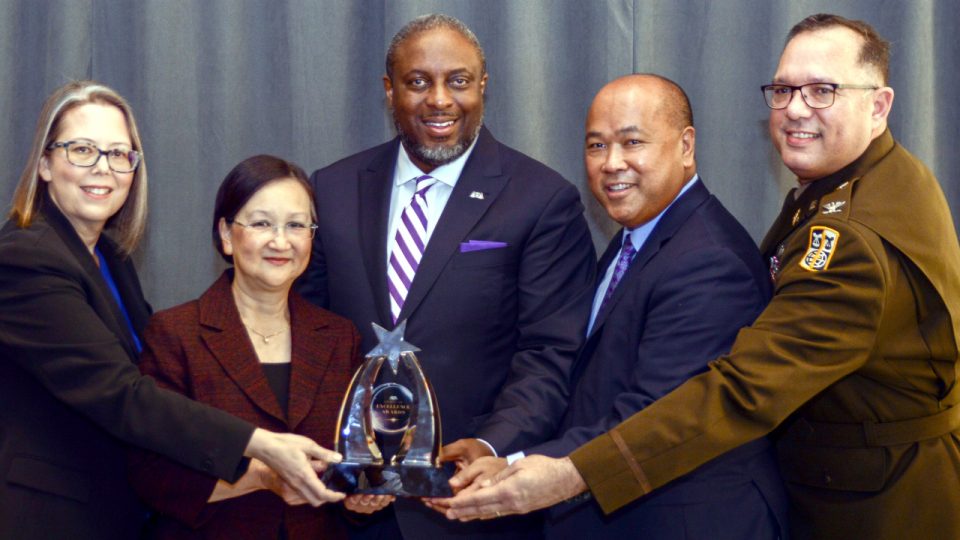
Dear Model Code:
When does a personal relationship demand recusal?
Sincerely,
Judge Maybe Too Close
Dear Judge Maybe Too Close:
Good question. Being a judge can be isolating but doesn’t require a solitary existence. You all have friends, family and contacts, and every once in a blue moon they might appear before you in court. There’s a simple standard to refer to here.
Rule 2.11 of the Model Code states that a judge is to be disqualified “whenever the judge’s impartiality might reasonably be questioned.” While a judge may feel s/he can handle a proceeding fairly, the standard is whether a reasonable person would feel the judge can be fair and impartial, given preexisting relationships. Recusal is required whenever the judge’s personal relationship with a member of the proceeding would appear to an objective observer to raise questions about impartiality.
Would a reasonable person question your impartiality with the restaurant waiter you spoke with once? Probably not. Would a reasonable person question your impartiality with a family member, significant other, close friend or business partner? You betcha.
Another portion of the Model Code, Rule 2.4, states that a judge should not allow outside interests to influence their conduct or judgement. The rule also says judges shouldn’t even “convey the impression” that other persons may be in a position of influence.
For specific examples of recusals, you can refer to: State v. Wakefield (intimate relationship); Domville v. State (social media friend of prosecutor); In Re Badeaux (close personal friend); or In the Matter of Judicial Disciplinary Proceedings Against Ziegler (spouse involved in case).
Recusal worthiness is in the eye of the beholder. If it looks to an independent and objective observer to be a conflict, recusal is required.
Sincerely,
The Model Code of Judicial Conduct
Presiding judges don’t just rule over their cases, they rule over their entire courthouse. This can involve decision making on budget complications, human resource issues, and other management challenges. Management Skills for Presiding Judges teaches communication, leadership and management skills to guarantee your court has a strong leader.
Offered Oct. 9-13, 2017, in Reno, NV
Click here for more information and to register


RENO, NV (PNS) – As they eye their inaugural football season this fall, the Gaveliers have question marks...

In what may reflect a devastating blow to the morale of the judiciary, 9 out of 10 judges believe the publi...

RENO, Nev. (Jan. 26, 2024) — The nation’s oldest, largest and most widely attended school for judges �...

RENO, Nev. (Feb. 7, 2024) — National Judicial College President & CEO Benes Z. Aldana received the Am...

It’s the bear, by a clear majority. A bear to be called Bearister. January’s Question of the Month* ...